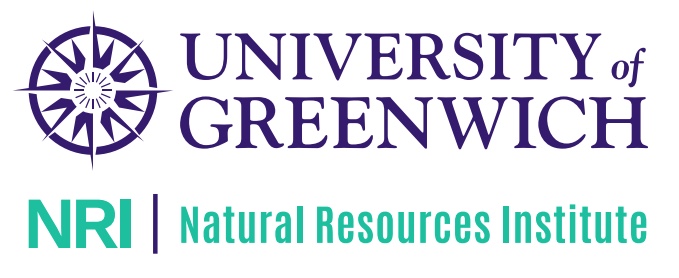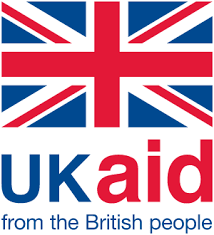Investors, government and community authorities and other stakeholders need to collaborate at wider geographical scales to strengthen land governance at scale and create greater shared value. To avoid being confined to islands of success, mechanisms to strengthen stakeholder engagement in planning and land governance across wider landscapes and territories are key features of an improved business environment for sustainable and responsible investment.
Key facts: Land & InvestmentsBrowse all
Responsible investment pilots involved practical action with multiple stakeholders across wider areas where land and natural resources are important for environmental services and adaptation to climate change as well as for agriculture and local and regional economies.
Tenure security for indigenous communities and clarification of overlapping rights to land and natural resources is critical to control of deforestation and for management of intact forestlands. But ways to strengthen land rights and governance are often missing from climate and landscape programmes.
The corporate sector, and many smaller businesses, have made substantial commitments to reducing carbon emissions and eliminating deforestation and making land use more sustainable across supply chains. Landscape approaches are popular, and public-private climate and landscape finance is available but mechanisms for implementation are lacking.
The P4F programme has pioneered development of 47 public-private-community partnerships that are developing scalable sustainable investments combining production of 23 different commodities and protection of forest environments, promoting participatory approaches and multi-stakeholder platforms involving companies, communities, local government and customary authorities. Examples include:
- Commodity trader Touton’s approach to increasing cocoa productivity assisting 60,000 small scale producers to farm in environmentally responsible ways across a 243,500 forest-farm landscape in Western Ghana.
- Miro Forestry’s approach to timber plantations in Ghana and Sierra Leone, creating new opportunities in degraded areas in partnership with community land owners.
Several LEGEND projects took steps to establish ongoing institutional arrangements to bring stakeholders together in landscape-wide associations and platforms, in which engagement of jurisdictional authorities, including both local government and customary leaders, has proved essential.
- Solidaridad established a multi stakeholder platform involving district and chieftaincy authorities in Pujehun district, Sierra Leone.
- Micaia established a baobab harvesters association working with communities across two districts in Mozambique, with a potential future role in a multi-stakeholder landscape wide natural resource management plan.
- VSF - Belgium and UCRT built a multi-stakeholder sustainable cultural tourism plan for the Lake Eyasi valley in northern Tanzania and laid the foundations for the foundations for a landscape management platform, and multiple resource protection and management initiatives by local groups.
- ORAM established community land associations in 20 communities, within Portucel’s vast concessions, with potential to work together and with other stakeholders across several districts. Here, local land documentation, is helping to reduce uncontrolled fires.
Disclaimer: The data displayed on the Land Portal is provided by third parties indicated as the data source or as the data provider. The Land Portal team is constantly working to ensure the highest possible standard of data quality and accuracy, yet the data is by its nature approximate and will contain some inaccuracies. The data may contain errors introduced by the data provider(s) and/or by the Land Portal team. In addition, this page allows you to compare data from different sources, but not all indicators are necessarily statistically comparable. The Land Portal Foundation (A) expressly disclaims the accuracy, adequacy, or completeness of any data and (B) shall not be liable for any errors, omissions or other defects in, delays or interruptions in such data, or for any actions taken in reliance thereon. Neither the Land Portal Foundation nor any of its data providers will be liable for any damages relating to your use of the data provided herein.



